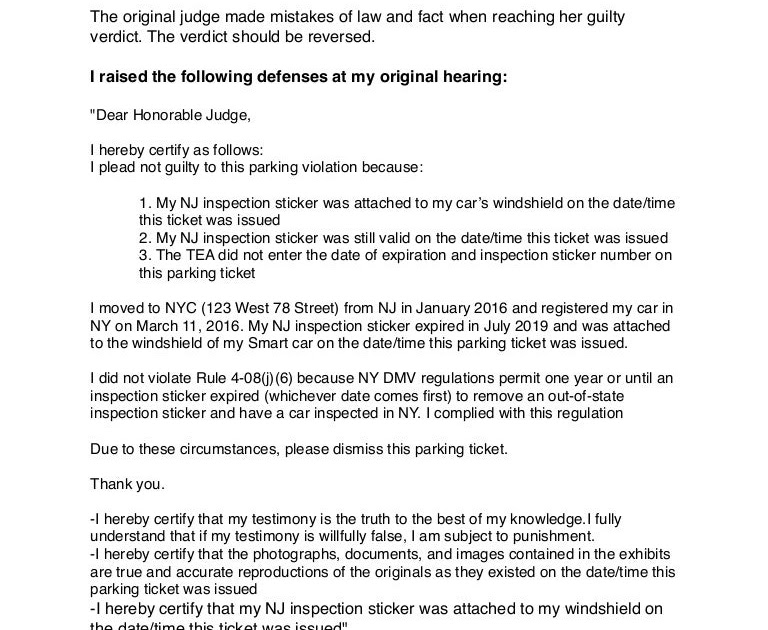Layoff Reversal: Accepting Or Rejecting Your Old Job Back

Table of Contents
Assessing Your Feelings and Circumstances After the Layoff
The emotional aftermath of a layoff significantly impacts your decision-making process regarding a layoff reversal. Analyze your emotional state honestly. Were you relieved at the prospect of returning, angry at the initial layoff, or uncertain about the future? Understanding your feelings is the first step towards making a rational decision.
Consider your financial situation. Did you find alternative employment in the interim? Do you have sufficient savings to tide you over while you continue your job search? Your financial stability directly impacts your negotiating power and your ability to reject the offer if it's not in your best interest. A secure financial position allows you more leverage.
Evaluate your professional network. The layoff period might have unexpectedly led to new connections and opportunities. Did you build valuable relationships during your job search that could lead to even better prospects? These new networks could offer career paths that outweigh the benefits of a layoff reversal.
- Reflect on the reasons for your initial layoff. Understanding the underlying cause can help you assess the risk of a similar situation recurring.
- Consider the stability of your former employer. Is the company financially secure? Are there ongoing restructuring efforts? Research the company's current status before accepting.
- Evaluate your personal growth during the layoff period. Did the experience teach you valuable lessons? Did you develop new skills or gain clarity on your career goals?
Examining the Job Offer Itself: Terms and Conditions
Before making a decision, meticulously examine the details of the job offer. Don't let the initial relief cloud your judgment.
Salary and Benefits:
Is the salary and benefits package identical to your previous compensation, or has it been adjusted? Research the current market value for your skills and experience to ensure the offer is competitive. Don't hesitate to negotiate if you believe the compensation is insufficient.
Job Responsibilities:
Have your responsibilities changed? Is the scope of work significantly different from your previous role? Are you comfortable with the new demands? Ensure the revised responsibilities align with your career aspirations and skillset. A significant shift could indicate a less desirable position.
Company Culture:
Has the company culture shifted since your layoff? Have there been changes in management or company values? A negative or toxic work environment can negatively affect your wellbeing and productivity. Gather information about the current workplace dynamics before accepting.
- Carefully review the offer letter for any hidden clauses or changes in terms. Don't hesitate to seek legal advice if needed.
- Negotiate the terms if possible. You have leverage; don't be afraid to advocate for yourself.
- Consider the long-term prospects within the company. Does the company offer opportunities for growth and advancement?
Exploring Alternative Opportunities: Weighing the Options
Before committing to a layoff reversal, assess your other options.
Current Job Search Progress:
If you've been actively searching for a new job, carefully consider the potential of your current prospects. Are there better opportunities elsewhere that offer more growth, better compensation, or a more appealing work environment?
Career Goals:
Does returning to your old job align with your long-term career goals? Will it help you achieve your aspirations or hinder your progress? Consider whether this opportunity supports your overall career trajectory.
Professional Development:
Will this job offer sufficient opportunities for professional growth and learning? Compare the development potential with other job prospects you're considering.
- List the pros and cons of returning versus pursuing other opportunities. Create a comparative analysis to aid your decision-making.
- Evaluate the potential for growth and advancement in both scenarios. Which path offers better long-term career prospects?
- Consider the overall impact on your career trajectory. Which option aligns best with your long-term career aspirations?
Conclusion
A layoff reversal is a significant decision. Carefully consider your emotional state, the specifics of the job offer, and your alternative opportunities. Don't rush into a decision. Thoroughly evaluate the pros and cons, and negotiate if necessary. Weighing these factors will help you determine if this layoff reversal represents a beneficial step or a potential setback in your career journey. Make an informed choice that best supports your personal and professional goals. Remember to carefully analyze the complete offer before making your final decision regarding your layoff reversal. Don't hesitate to seek advice from career counselors or trusted mentors to navigate this crucial career juncture.

Featured Posts
-
 Economic Power Shift California Outpaces Japan
Apr 26, 2025
Economic Power Shift California Outpaces Japan
Apr 26, 2025 -
 Pandemic Era Covid Test Fraud Lab Owners Guilty Plea
Apr 26, 2025
Pandemic Era Covid Test Fraud Lab Owners Guilty Plea
Apr 26, 2025 -
 Can Harvard Be Saved A Conservative Professors Perspective
Apr 26, 2025
Can Harvard Be Saved A Conservative Professors Perspective
Apr 26, 2025 -
 2024 Nfl Draft Green Bays Opening Night
Apr 26, 2025
2024 Nfl Draft Green Bays Opening Night
Apr 26, 2025 -
 Trump Administrations Influence On European Ai Regulatory Framework
Apr 26, 2025
Trump Administrations Influence On European Ai Regulatory Framework
Apr 26, 2025
